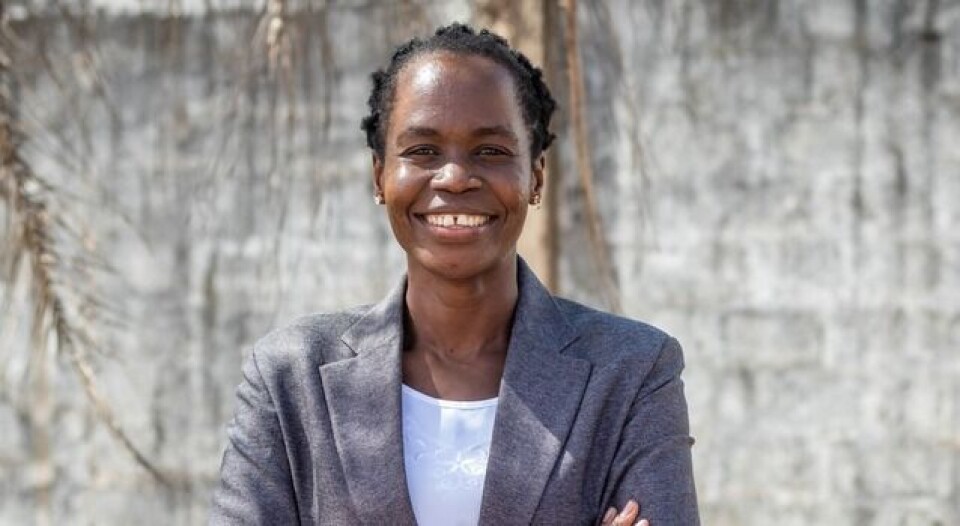Copyright : Re-publication of this article is authorised only in the following circumstances; the writer and Africa Legal are both recognised as the author and the website address www.africa-legal.com and original article link are back linked. Re-publication without both must be preauthorised by contacting editor@africa-legal.com
Changing the narrative for legal aid

In The Gambia, the small population might lead one to believe that all is well within the criminal justice system, but there are still countless injustices that need to be addressed, writes Paul Ogemba.
The tiny West African country of The Gambia has only three prisons, originally designed to punish those found guilty and convicted of serious crimes. However, previous political regimes, ignorance of the law and heavy punishments for petty offences have led to hundreds of vulnerable and defenceless people being imprisoned because they lack legal empowerment and representation.
The practice of people going to jail in The Gambia for offences they would have been pardoned for had they had legal representation, is quickly changing thanks to the help of Justice Defenders.
Launched in 2021, Justice Defenders in The Gambia has secured the release of over 800 people who had been sentenced to jail for petty offences. They have also trained thirty-plus paralegals and in 2023 they assisted 1 086 individuals in conflict with the law who need legal assistance.
“Some of them just accept the charges after being misled into believing that they will get lighter sentences, only to end up getting lengthy jail sentences. But through the help of Justice Defenders, we have been able to offer legal support and representation, and filed for review to enforce their fundamental rights," explained Justice Defenders legal practice manager in The Gambia, Deo Patience Candia. She explained that Justice Defenders files applications for the enforcement of the right to receive a fair trial within a reasonable time, for those who have been detained without trial for very long periods.
According to Deo, the Drug Control Act is one of the contributors to legal challenges because although magistrates are given the power to try drug-related offences, the Act does not accord them the power to grant bail. This means those incarcerated for drug-related offences who want bail have to apply for it at the high court, and without representation (which most of them do not have), they remain in remand. Justice Defenders is helping these people and is helping state agencies with amending the legislation.
Mama Ngor Jain, a legal officer for Justice Defenders added that their work has enhanced the rule of law and access to justice, and is helping the judiciary in streamlining caseloads.
“We also handle alternative dispute resolution to help resolve some cases which would have ended up in court and might take years to complete,” Jain shared.
Despite the good work Justice Defenders is doing in The Gambia, it does not come without challenges. The slow pace of the judicial process, where a criminal case could take up to six years to conclude, displacement of files at the court registries, and a general unwillingness of witnesses to avail themselves, are slowing down their work.
Although the application of Sharia law does not affect their work because it is only applicable to those who profess to follow the Islamic religion, some criminal cases involving those parties end up not being resolved amicably because they believe they don’t need legal help.
“Some of them say whatever happened was the will of God and refuse to go through the legal process. There is nothing we can do, and we must allow them to proceed with their ways of resolving conflicts,” said Deo.
To help ensure the effective delivery of justice to the defenceless, Justice Defenders in The Gambia has partnered with the judiciary, the National Agency for Legal Aid and the prison service to identify those in need of legal services.
To join Africa Legal's mailing list please click here
